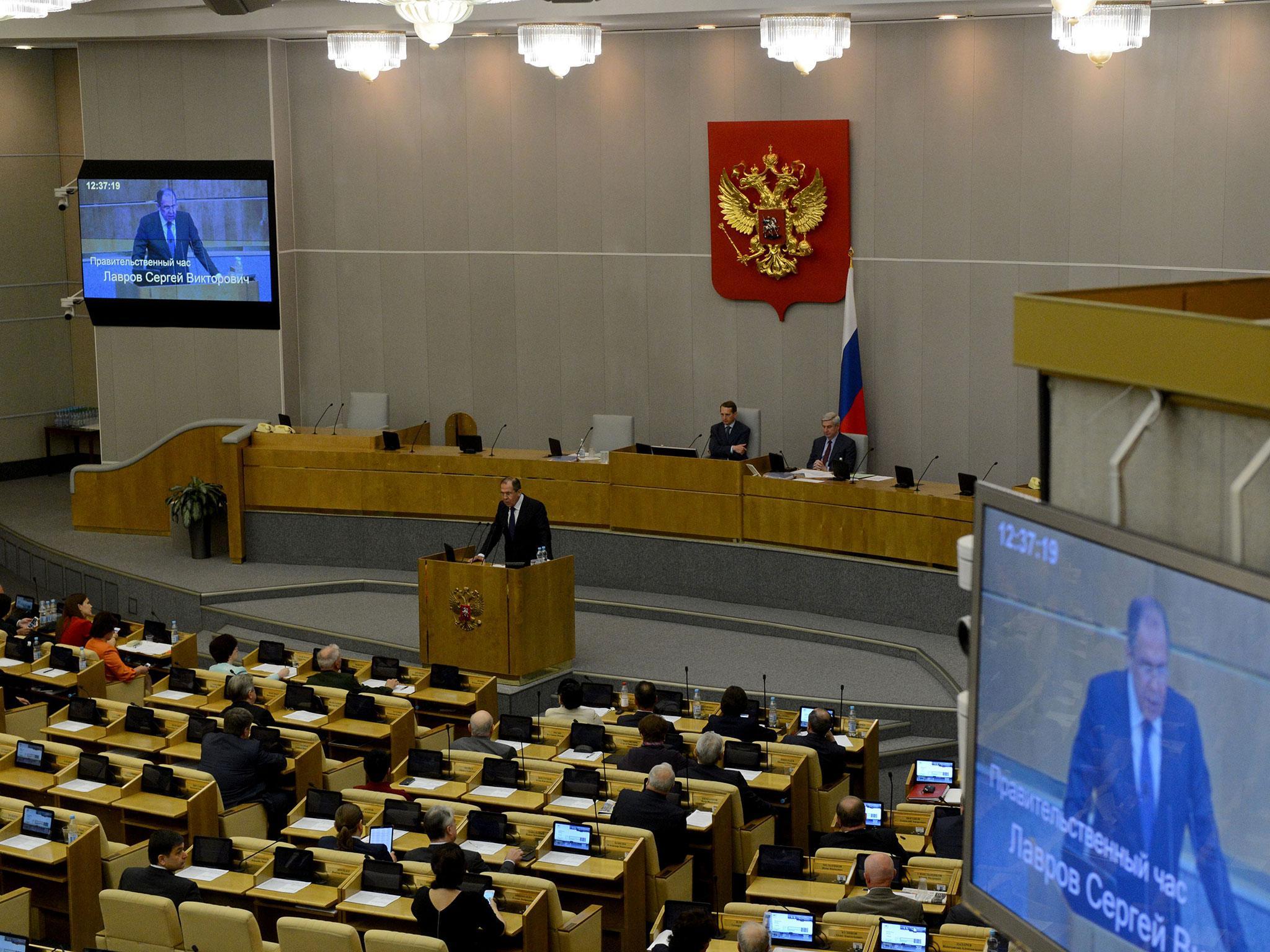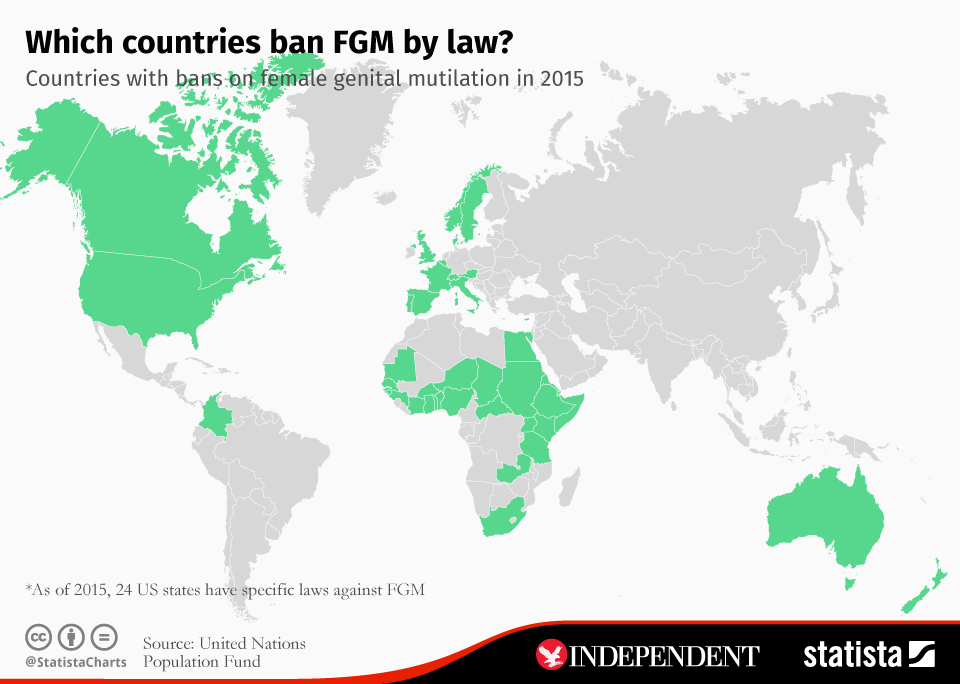Russian MP calls for 10-year prison sentence for FGM
The bill says FGM has 'no place in civilised society'

Your support helps us to tell the story
From reproductive rights to climate change to Big Tech, The Independent is on the ground when the story is developing. Whether it's investigating the financials of Elon Musk's pro-Trump PAC or producing our latest documentary, 'The A Word', which shines a light on the American women fighting for reproductive rights, we know how important it is to parse out the facts from the messaging.
At such a critical moment in US history, we need reporters on the ground. Your donation allows us to keep sending journalists to speak to both sides of the story.
The Independent is trusted by Americans across the entire political spectrum. And unlike many other quality news outlets, we choose not to lock Americans out of our reporting and analysis with paywalls. We believe quality journalism should be available to everyone, paid for by those who can afford it.
Your support makes all the difference.An MP in Russia wants to make female genital mutilation (FGM) an offence with a prison sentence of up to 10 years for those who carry out the operation.
The bill, presented to parliament by Maria Maksakova-Igenbergs, says FGM has "no place in civilised society".
“Discrimination of women based on religious motives manifested in full or partial amputation of external sex organs must be punished by a prison sentence between five and seven years,” the draft bill reads, according to RT.
“The same crime committed against an underage person must be punished by a prison sentence between seven and 10 years,” it adds.

The practice of FGM involves either the partial or total removal of the female external genitalia.
The most extreme form, known as infibulation, involves the cutting away of the clitoris and sewing up the vulva to make a small hole for urine to pass through.
It is designed to make sexual intercourse painful for women and is supposed to stop them becoming promiscuous.
FGM is practiced in a number of remote villages in the Russian republic of Dagestan, according to a report published by the Russian Justice Initiative human rights organisation.
The report said FGM has been performed on tens of thousands of women, typically under the age of three.
Commenting on the report for the state news agency Interfax, Ismail Berdiyev, an Islamic cleric, reportedly claimed all women should be subject to the procedure, as this would "bring down sexuality and prevent lechery on Earth".
He later retracted his comment, saying it was taken too literally by the the media.
More than 1,200 cases of FGM were recorded in England between January and March, the NHS reported earlier this year.
At least two per cent of all new cases were girls under the age of 18.
The practice was made illegal in the UK in 1985.
Join our commenting forum
Join thought-provoking conversations, follow other Independent readers and see their replies
Comments